As part of the Artist Workshop with Voice series, funded by Arts Council England, Voice sat down on Instagram Live with Joanne Roughton-Arnold.
Joanne is an opera singer of the lyric coloratura soprano variety and co-founder of FormidAbility: an opera company made up of disabled and non-disabled professional artists. Being a visually impaired artist herself, Joanne is driven to ensure the inclusivity of opera for both disabled and non-disabled artists.
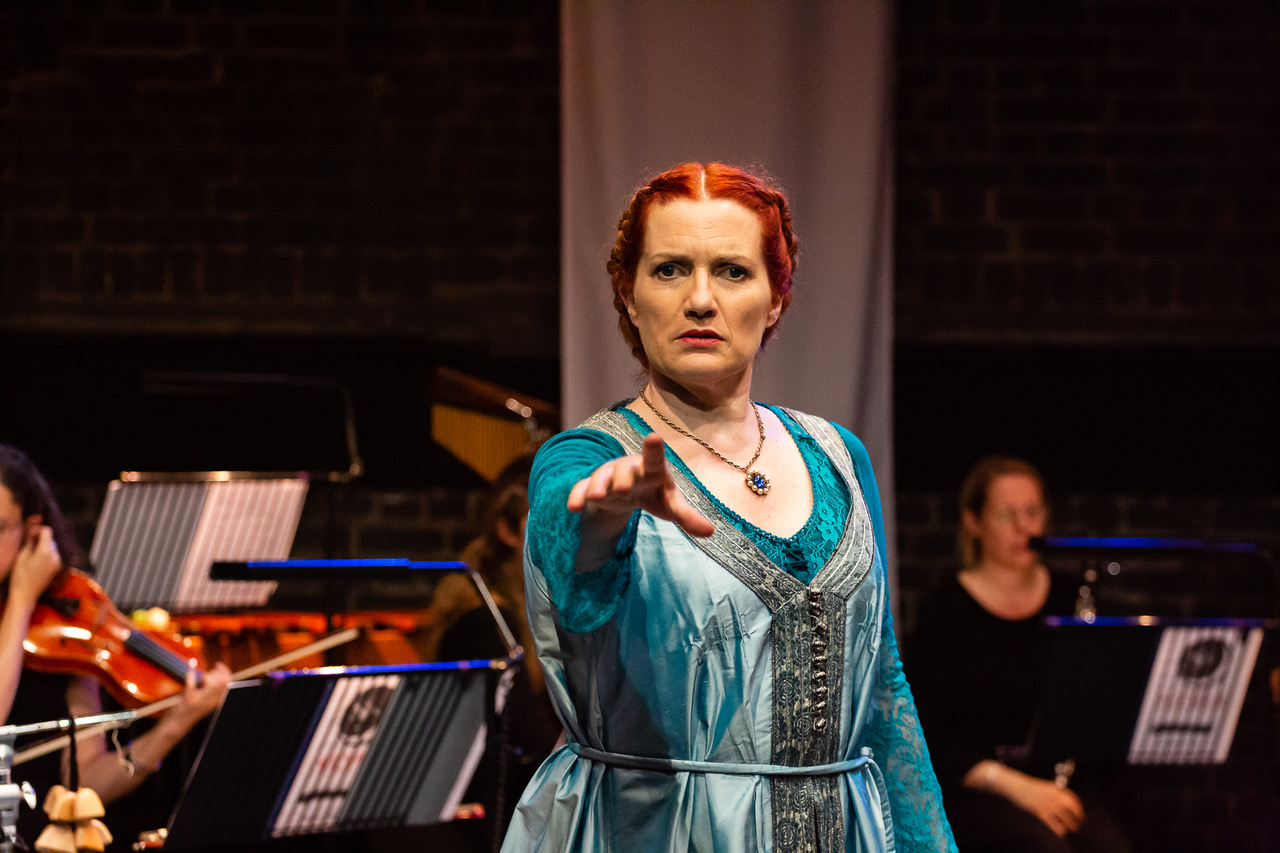 Originally from New Zealand, Joanne is passionate about incorporating her heritage with her art and bringing it to a UK audience. “I miss home, so when I sing [Hine e Hine by Te Rangi Pai] it feels like home.” Hine e Hine is one of the beautiful songs that Joanne demonstrating on Instagram live when being interviewed by Voice Contributor Saskia Calliste, alongside Mein Herr Marquis from Die Fledermaus by John Strauss and #Trending by Gareth Churchill who joined us on the Zoom workshop.
Originally from New Zealand, Joanne is passionate about incorporating her heritage with her art and bringing it to a UK audience. “I miss home, so when I sing [Hine e Hine by Te Rangi Pai] it feels like home.” Hine e Hine is one of the beautiful songs that Joanne demonstrating on Instagram live when being interviewed by Voice Contributor Saskia Calliste, alongside Mein Herr Marquis from Die Fledermaus by John Strauss and #Trending by Gareth Churchill who joined us on the Zoom workshop.
As an opera singer, Joanne shared some brilliant techniques and helpful signing practices you can adopt at any level. Having come to the UK from New Zealand to study the violin, Joanne found her love for opera quite by chance. Since then, Joanne has performed at many reputable venues such as the Royal Opera House and has racked up some very impressive operatic credits, from La Traviata with the Chelsea Opera Group to Madama Butterfly with Opera Holland Park.
When I asked Joanne what production she is most proud of, she said Iris Dreaming. Iris Dreaming is a one-woman opera based on the real-life story of a celebrated New Zealand writer and feminist, Iris Wilkinson. Joanne spoke of this performance with which such fondness and said she was “absolutely honored” to have been able to portray the life of a highly revered New Zealand native.
Interview with Joanne Roughton-Arnold
Voice contributor Saskia Calliste interviewed Joanne Roughton-Arnold live on Instagram on 17th September. Joanne spoke about her operatic experience, how she started her opera company FormidAbility and shared some advice for young creatives wanting to emerge onto the opera scene.
Tell us about FormidAbility and how/why you got started?
I started FormidAbility last year out of a conviction that opera could touch so many more people if the artists making opera better reflected the diversity of our audiences. I sing regularly with the Paraorchestra, the world’s only large-scale professional ensemble of largely disabled musicians. Having seen first-hand the incredible work this orchestra is doing to make concert music accessible both for disabled musicians and audiences, I decided to try to do the same with opera.
So, together with Holly Mathieson, I founded FormidAbility in 2019. The company engages a healthy mix of disabled and non-disabled professional artists to create powerful operatic performances that challenge perceptions of inclusion and smash barriers both on - and off-stage. We put accessibility at the heart of the creative process, rather than tackling it onto the periphery, as is so often the case.
So, we start thinking about how we can make a show accessible for disabled audiences from its inception. We want to make accessibility creative and exciting in its own right, reflecting the energy and emotion of the show so that it becomes something that enhances the performance for the whole audience, not just those with a disability.
Lots of groups aren’t represented as much as they should be in the arts, why did you choose to tackle the lack of diversity for disabled people?
About 20% of the UK population identify as disabled, but you don’t see anything like that percentage performing onstage with professional opera companies, or in the wider classical music industry. The opera profession has been incredibly slow to catch up on issues of inclusion generally, but especially for disabled artists - partly because of a lack of opportunities at grassroots level for disabled artists and partly because the industry is so strongly rooted in tradition that perhaps it finds it more difficult than other branches of the arts to embrace change. I hope that by creating ground-breaking and challenging new work of a really high caliber, that the rest of the industry might sit up and take notice and maybe start to think a bit more about their casting policies and how they make their productions accessible for their audiences.
How have you managed to weather the storm that is COVID-19, and do you have any tips for others?
Like most of us, I’ve found this a really challenging time and miss making music with real people in the same space. I hugely miss performing for a live audience! There’s nothing like the visceral energy that comes from hearing and feeling live music. Working from home all the time has been hard: I find it difficult to switch off from work mode and keep feeling that my inbox is calling me when I should be taking a break. So, I’m trying to learn to be kind to myself and step away from the screen. I’ve just begun exploring a really interesting and free online resource that teaches the mental skills used by world-class athletes and performers: https://friendlyeyes.com
I’ve tried to find ways to keep my creativity alive and have been more busy than usual with some surprising opportunities, especially recording the soprano tracks for the soundtrack of Rising Phoenix, released on Netflix at the end of August! All my singing pupils switched to online lessons, so I’ve adapted to teaching via Zoom. Of course, I’ve been eating, sleeping, and breathing The Bridge Between Breaths since May, the new opera FormidAbility commissioned, centered around the felling of Colston’s statue. At the start of September, we held five days of research & development on Act 1, actually working together in a theatre! We filmed and broadcast our work as part of Tête à Tête: The Opera Festival, now available to view until 6th October for £1: https://www.tete-a-tete.org.uk/event/the-bridge-between-breaths/ That project is going to be a big part of my life for many months to come, as we start planning the next phase in its development.
What advice would you give to creatives wanting to get into the industry?
If you have a real hunger for it if you can’t imagine doing anything else, then go for it! Be prepared to work insanely hard, be kind, be open to constructive criticism and find a mentor you trust to be honest with you and guide you along the way. Go to as many performances as you can: watch, listen, and learn from the artists on stage. Opera singers need to be well-rounded artists: as well as vocal skills (developed over nearly a decade of study), we need a high level of musicianship (ideally playing an instrument), language skills, acting, movement. Your body is your instrument, so you need to look after it: eat healthily, keep well hydrated, exercise, and get plenty of sleep.
Artist Workshop with Joanne Roughton-Arnold
Following her Instagram live interview, Joanne joined us on Zoom to host a 30-minute skill share workshop where she conducted demonstrations of how to sing and shared with us some exercises she employs to get the best out of your voice. Don’t worry if you missed it, the Zoom workshop can be viewed here:
Joanne’s singing tips and tricks:
1. When you sing, make the air last
Joanne suggests for a long, healthy singing shelf life, not to push your voice to it’s extreme when signing high or low notes. Having enough air to carry the notes is important and it saves your voice from straining.
2. Think of the swan
Imagine a swan on a lake: from our perspective, they look like they are elegantly gliding, but under the surface, their little legs are working tirelessly – singing is not much different. It takes a lot of energy and a lot of muscles working together to achieve the singing equivalent to the seemingly effortless swan on a lake.
3. Opera is 50% funny faces
Some of Joanne’s warm-up exercises include making noises from your throat whilst resembling animals like hamsters and fish. Warming up with Joanne is a workout for your whole face – bottom line, use all of your muscles and engage your body to prepare your voice for what is to come.
4. Don’t forget to laugh
It turns out, laughing is an incredible singing exercise. Place your finger in your belly button and then channel your most hilarious, deep belly laugh. When you feel the muscles contracting, you’ll know you’re doing it right.
To find out more about Joanne and her career, check out the interview she did with Voice Mag contributor Sienna James on our IGTV.
Joanne Roughton-Arnold Work
For more of Joanne's work including performances and recordings, view her website: www.joanneroughtonarnold.com
More artist interviews and workshops
Thanks to Arts Council England, we're excited to be offering you a whole series of artist workshops. Join us as we interview creatives and then hand over to them to run a workshop! Perfect if you're doing Arts Award and need to find out about an artist's work and career.
From artists to actors, we've got an insightful series planned for you. First, join the artist on Instagram where they will do a LIVE demonstration or performance followed by an interview from one of our Voice Contributors. THEN, head over to ZOOM where the artists will run a LIVE 30-minute skills share workshop, showing you exactly how to become as amazing at their art form as they are.
We have 12 artists workshops planned between now and November 2020, so keep checking back for the latest additions.


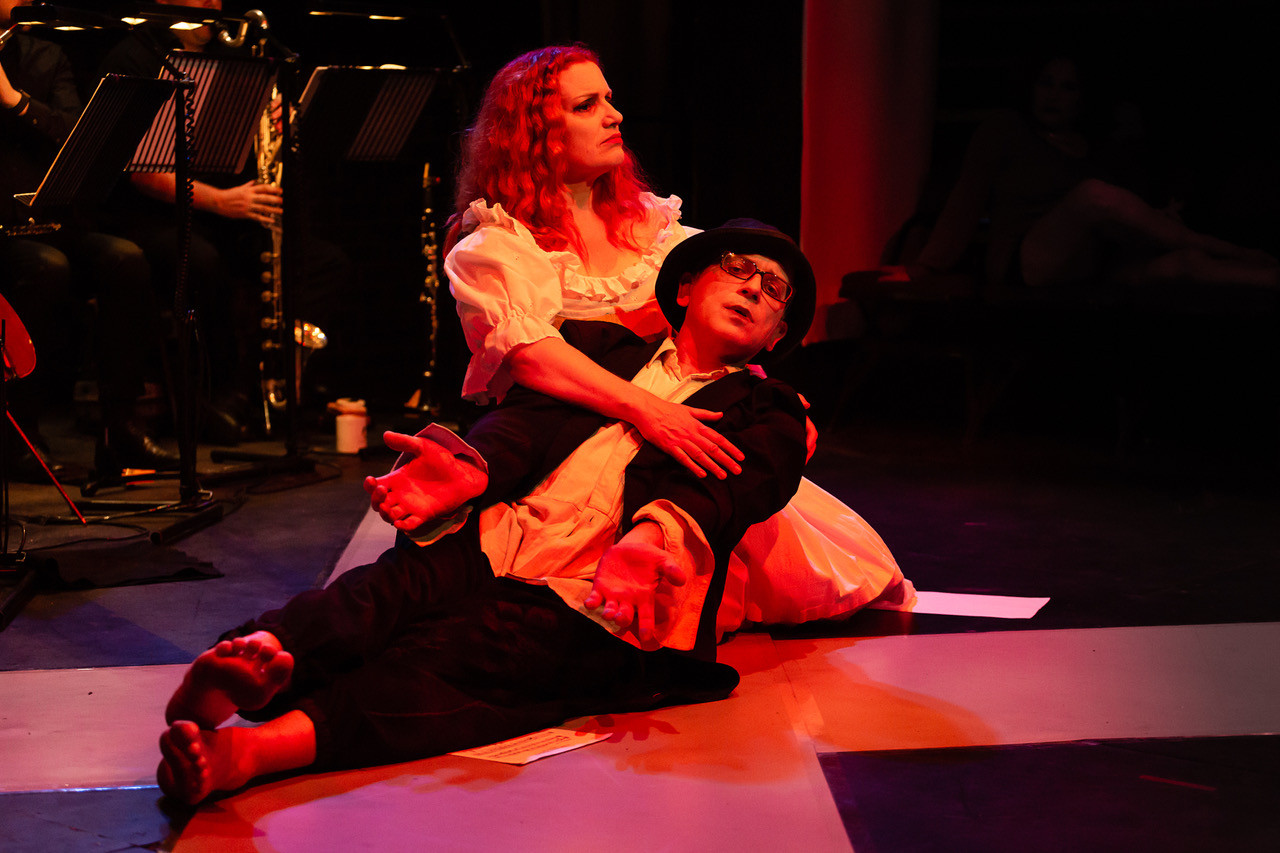
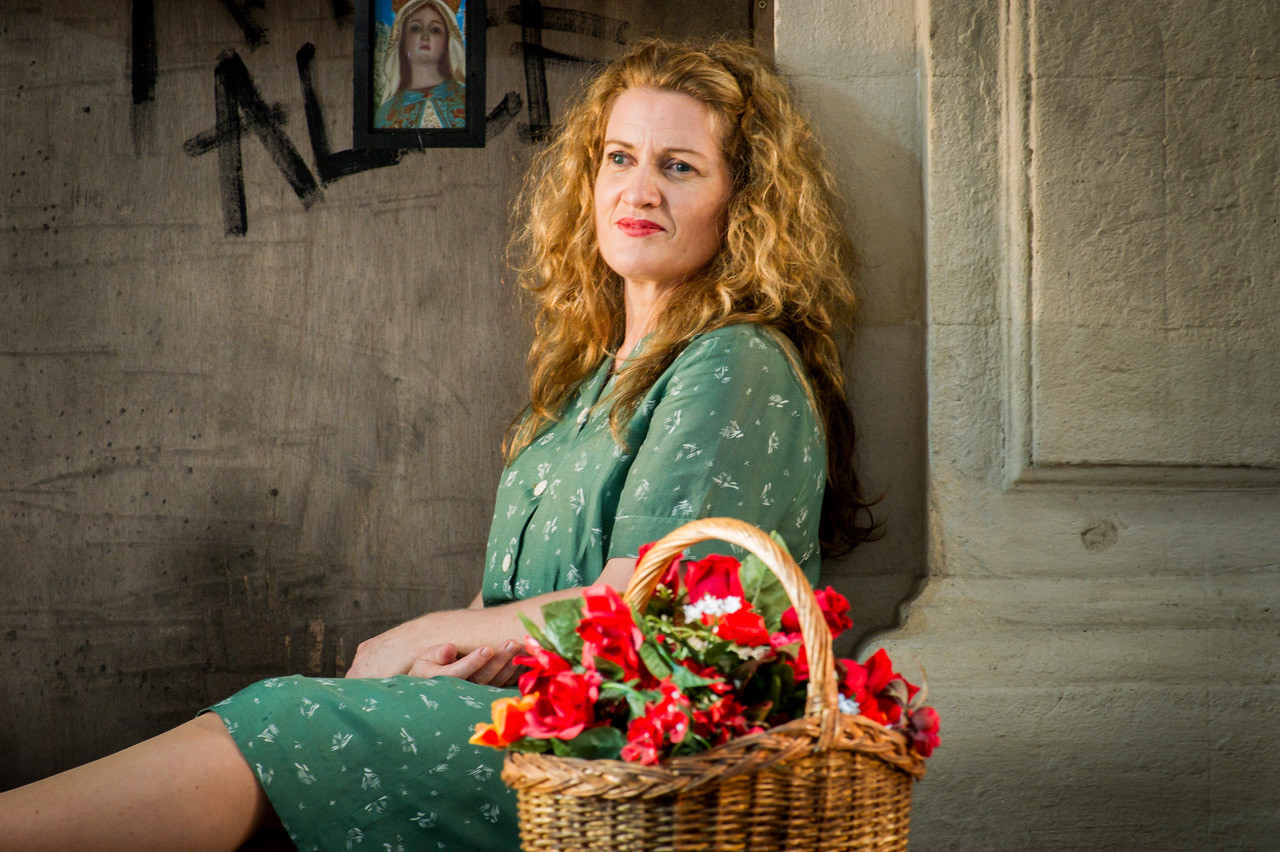



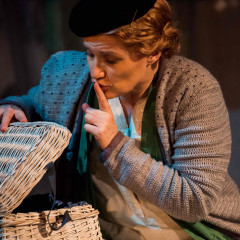
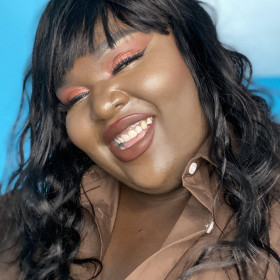
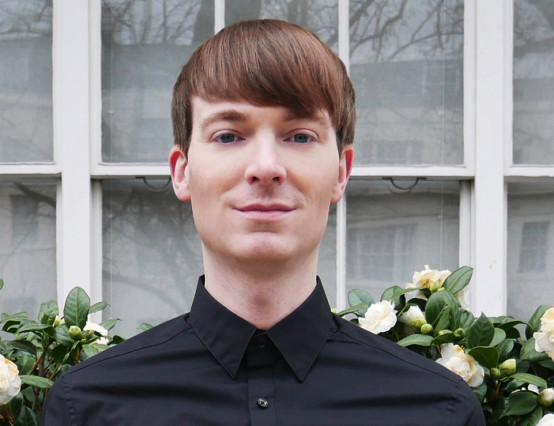
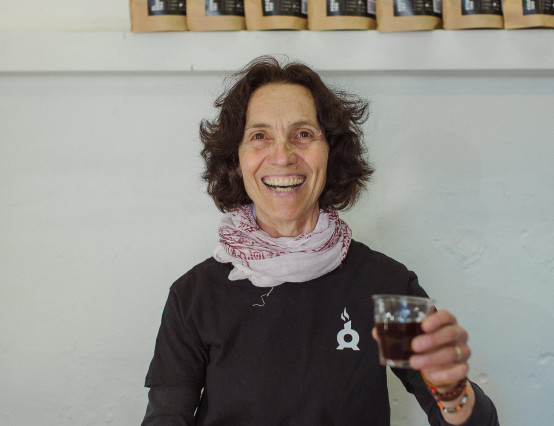
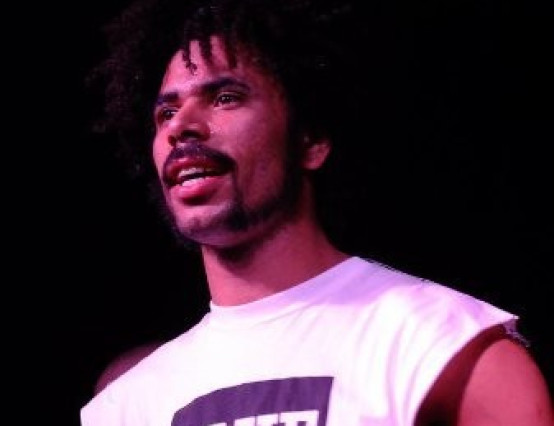
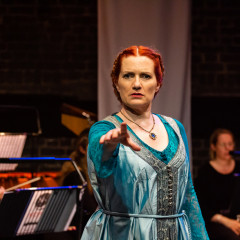
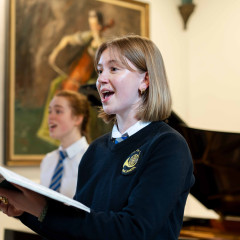
0 Comments